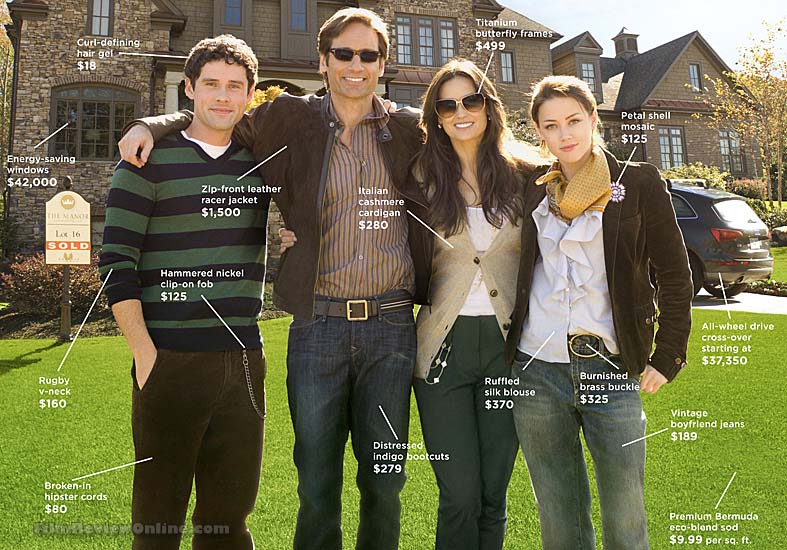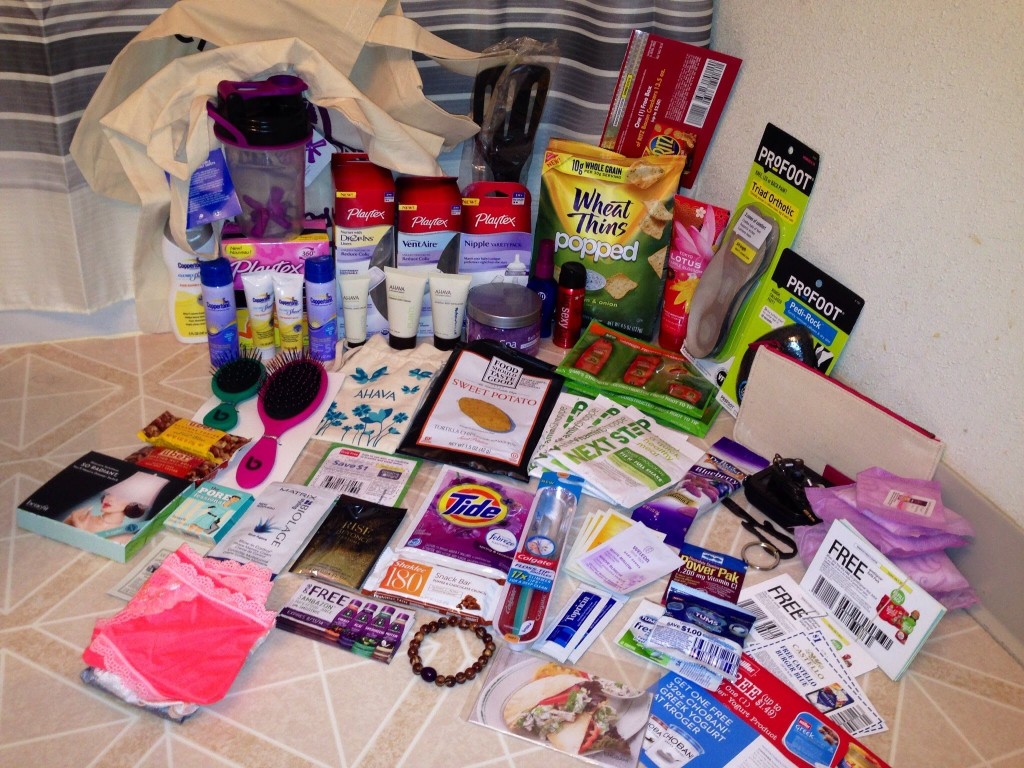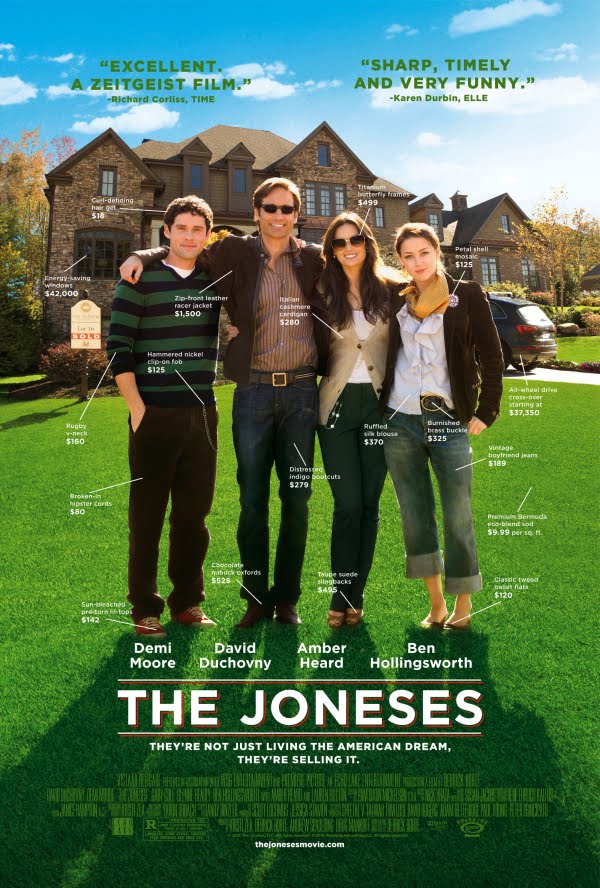The Joneses were portrayed as the ultimate stealth marketers (source of image)
Excuse me, are you an invisible stealth marketer? If you have no clue what this is, perhaps its high time for you to read about this.
My curiosity in stealth marketing was first piqued when I read Martin Lindstrom’s brilliant marketing expose Brandwashed. In the book, the neuro-marketing exponent revealed many of the psychological and neurological tricks employed by marketers to get us to buy more, often without us knowing it.
Also known as undercover marketing, roach baiting and buzz marketing (albeit a darker shade), stealth marketing is a form of guerrilla marketing where “targets” do not realise that they’re being marketed to. Often, the stealth marketer does not inform his or her friend/family member/colleague that he or she is part of a bigger syndicate.
Citizen marketing on steriods
In stealth marketing, ordinary citizens like you and me become pitchers of products and services to our friends, colleagues and family members.
We organise parties and invite our neighbours, show off our shiny new objects or dazzling new hairdos/set of gleaming pearlies/lean and toned bodies, and espouse (in a subtle manner) the brand names of these products and services that we endorse.
Often, there is some form of incentive for the covert marketer to do so and this varies from case to case.
If you’ve watched the movie “The Joneses” (released in 2009), you probably would have seen the more negative side to this.
Here’s the trailer for those of you interested to learn more:
[youtube id=”n2Y3GoN2PGw”]Stealth marketing examples
The truth, however, is that stealth marketing is fairly commonplace in many countries.
Huge conglomerates like P&G, Sony Ericsson and Starbucks practices it. In P&G’s case, some 225,000 teens are members of “Tremor” while about 600,000 mums were enlisted for its “Vocalpoint” programme.
While these members are not paid a commission, they enjoy free products and samples in return for participating in the programme.
Here in Singapore, I understand that some companies like Sample Store also practice a form of stealth marketing where they ship “sample goods” and offer referral incentives to members.
Stealth marketing versus MLM or direct selling
What’s the chief difference between stealth marketing and network marketing, direct selling or Multi-Level-Marketing (MLM)?
After all, isn’t Word-Of-Mouth (WOM) the chief reason why people buy these days?
The main reason why stealth marketing is more contentious than the other two is the degree of disclosure.
In the case of Tupperware parties, Avon or Nu Skin seminars, it is often quite clear that participants go into these with their eyes open. While some may not agree to their methods, direct distribution is a huge business worldwide, and it does help people with limited means to make a decent living for themselves.
On the other hand, the hidden and opaque nature of stealth marketing makes it appear to be less ethical. In the case of the Joneses (from the phrase “keeping up with the Joneses”), the movie revealed that the true identities of these stealth marketers were hidden from their friends and neighbours as they moved from upscale neighbourhood to upscale neighbourhood, spreading their “love” for brands.
Can brands do stealth marketing ethically?
What a Bzzagent gets to try (courtesy of bflyrenee)
As marketers and consumers, how do we get around this issue then? Does it mean that the promise of citizen marketing is no longer viable?
I suppose this ultimately lies in the extent of one’s disclosure. If you are an agent of company ABC for product XYZ, make it known to those whom you are presenting the product to. I supposed in this case, you aren’t really practicing “stealth marketing” per se, but more of direct selling or marketing.
A good example is BzzAgent in the US, a company which matches consumers to products of their interest. In their website, they state the following tips for their agents:
“Get people talking by sharing your honest opinion through face-to-face conversations and online via sites including Facebook, Twitter and blogs. Remember to always disclose that you’re a BzzAgent and to keep the spam in the can….”
Of course, if you’re a true fan who will not be receiving any form of benefit, the issue of stealth marketing no longer applies to you!
What are your thoughts on stealth marketing? Are such methods of marketing ethical or desirable?




Thanks to this very informative blogs. I learn soo much from this one, and in fact, i will use what i learn here in presenting my class report
and of course! credits to Mr. Walter Lim.